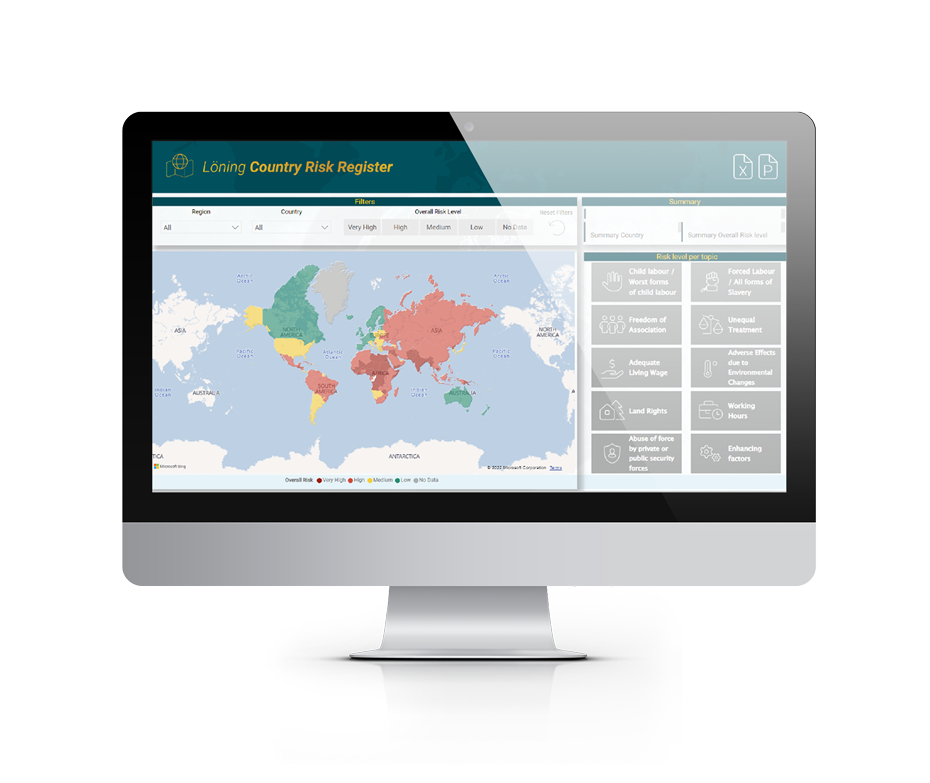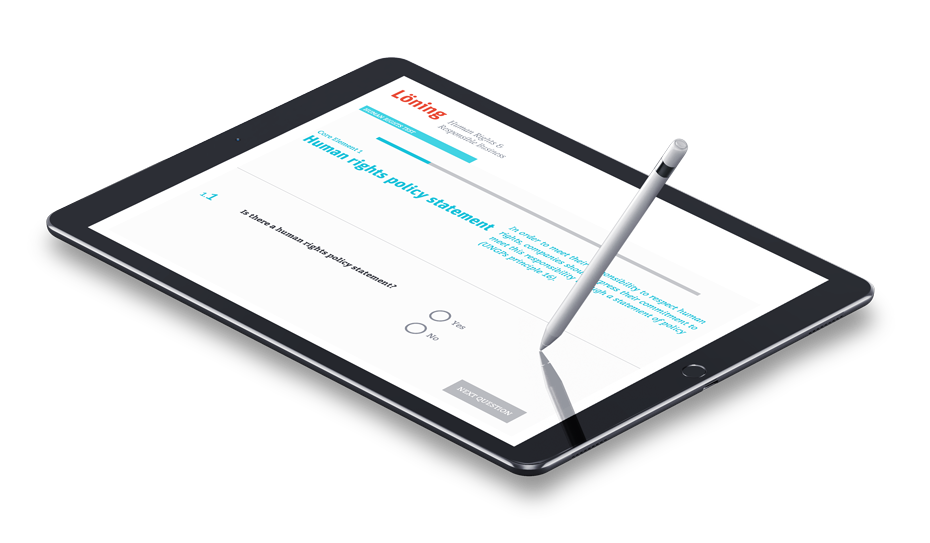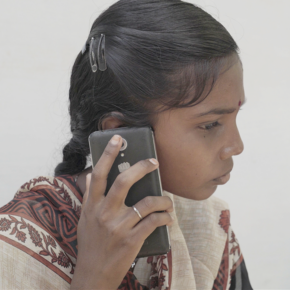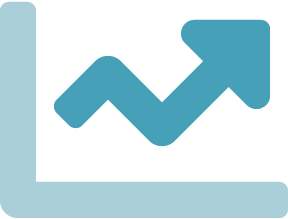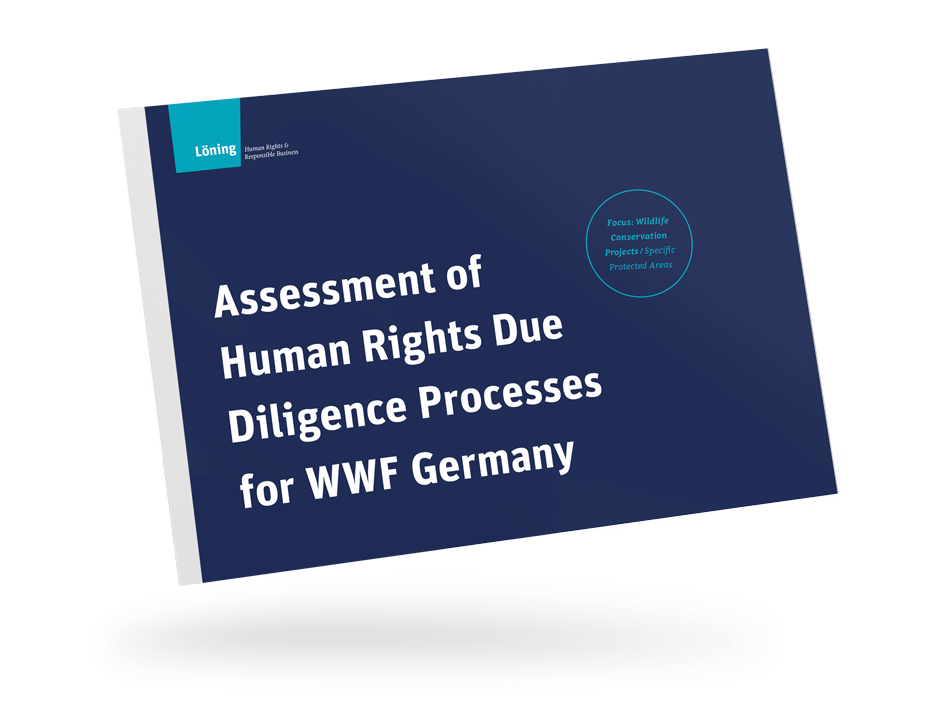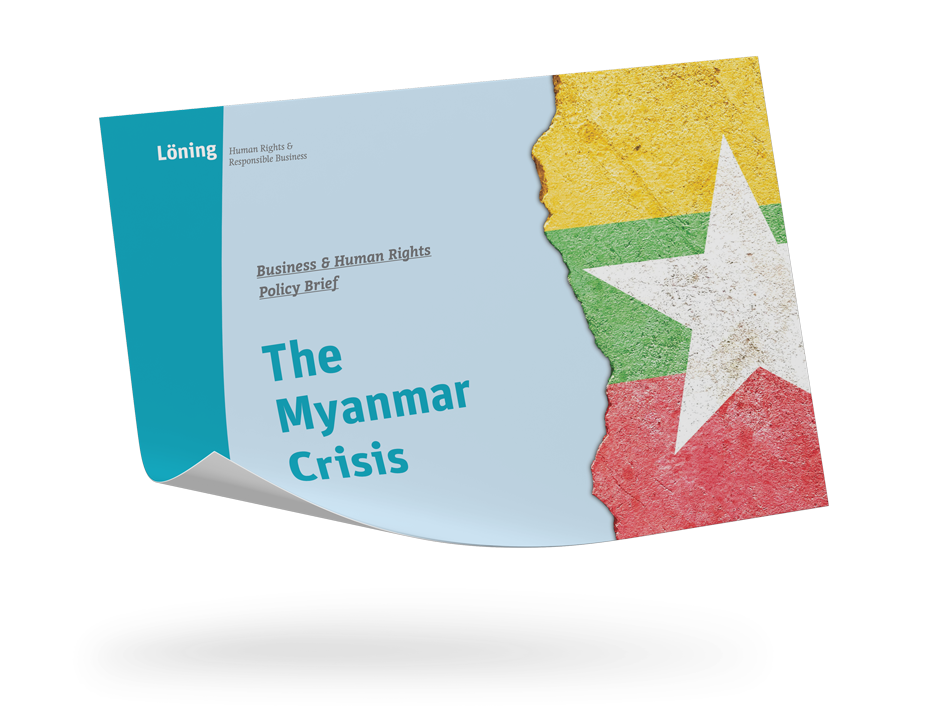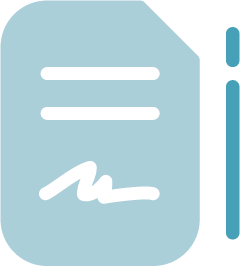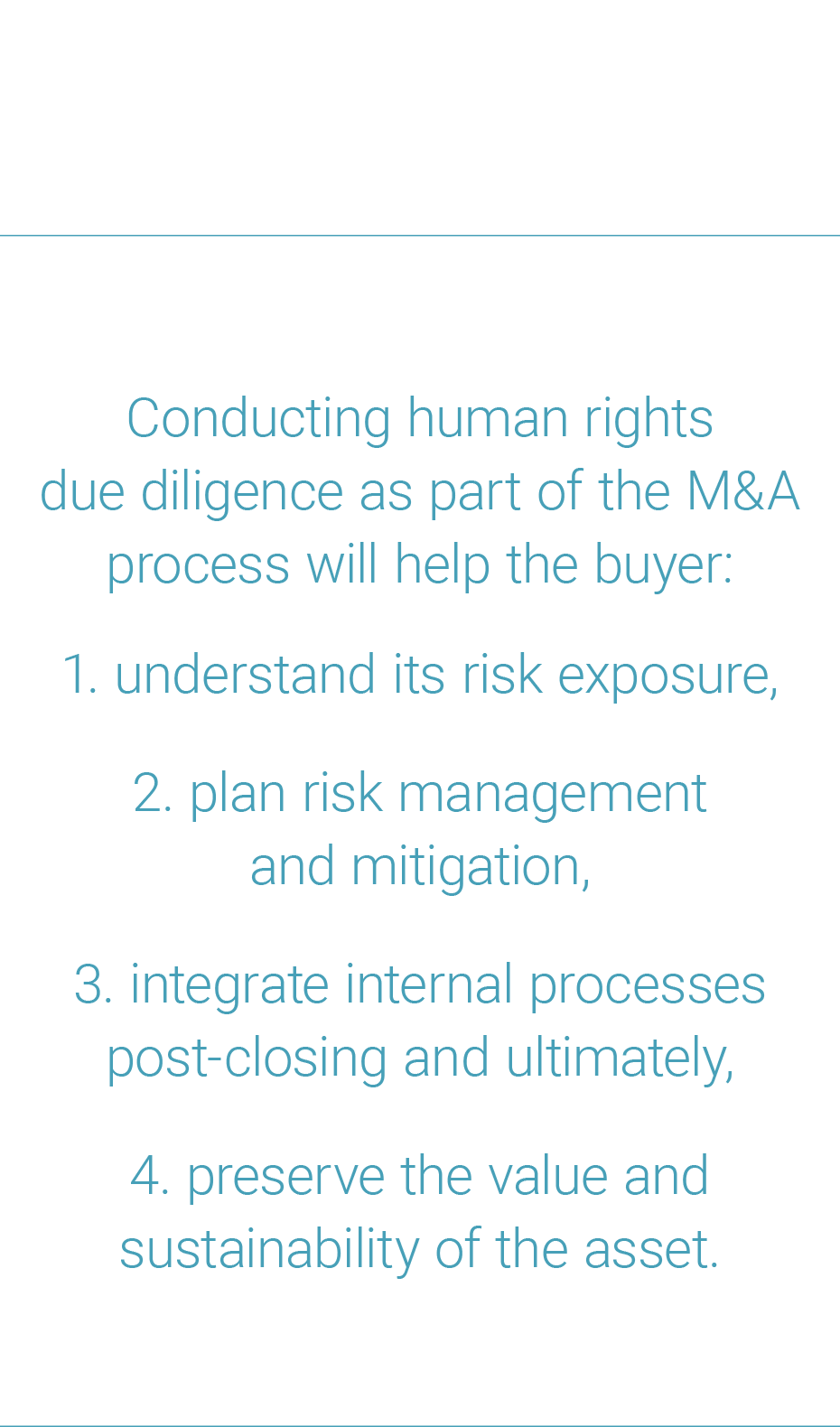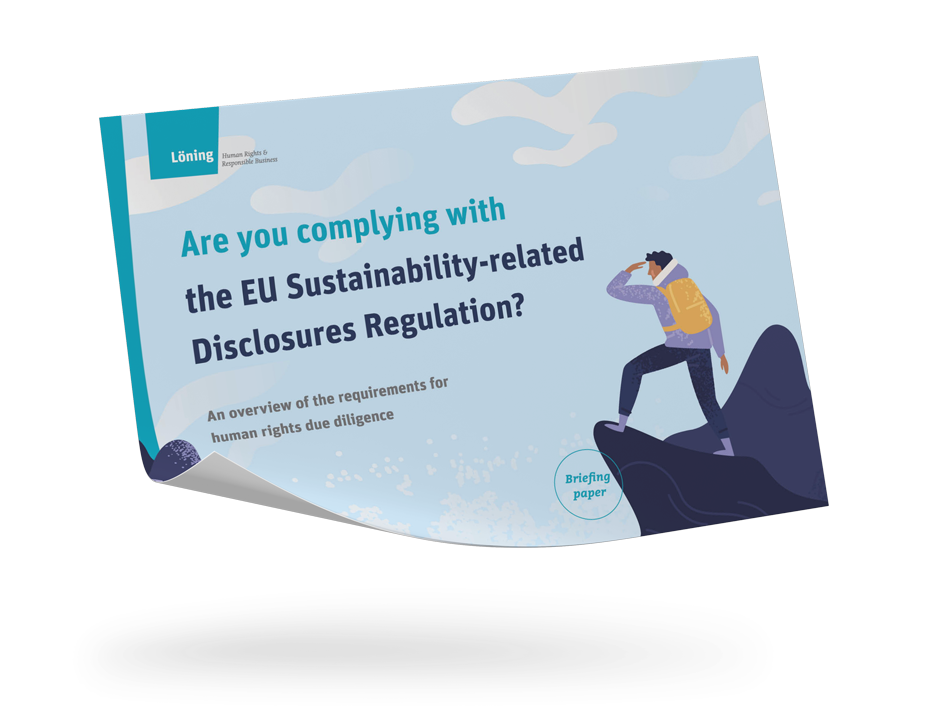Human rights due diligence in the M&A context
Mergers and acquisitions of companies involve inherent and often unquantifiable human rights risks. Incorporating human rights into the M&A due diligence process informs the buyer’s decision-making and may impact the valuation of the transaction. If unidentified and unmanaged, human rights issues linked to the target company’s operations or supply chains may give rise to real and significant risks in the form of reputational harm, regulatory penalties, and legal costs following the closing of the transaction.
Conducting human rights due diligence as part of the M&A process will help the buyer understand its risk exposure, plan risk management and mitigation, integrate internal processes post-closing and ultimately, preserve the value and sustainability of the asset. On the other hand, if conducted as vendor due diligence, it will provide the seller with a greater comfort in relation to the target’s human rights risks and with the ability to mitigate identified issues that may impact valuation before closing. Overall, effective human rights due diligence facilitates the speedy, efficient, and successful sale of the target and its assets.
As part of our human rights due diligence services in the M&A context, we identify and assess the target’s human rights risks, its existing risk management processes and its capacity to manage these risks. Thanks to our cross-industry knowledge on human rights risks and companies’ preparedness to manage such risks, we have mastered the art of asking questions and obtaining the necessary information and documentation from the target. We know where in the data room to look to detect hidden risks and which factors to consider when prioritizing the focus of risk assessments.
Our advisory team of human rights experts works at the pace of the transaction, coordinates closely with your M&A and legal teams, and maintains absolute confidentiality throughout the due diligence process.

